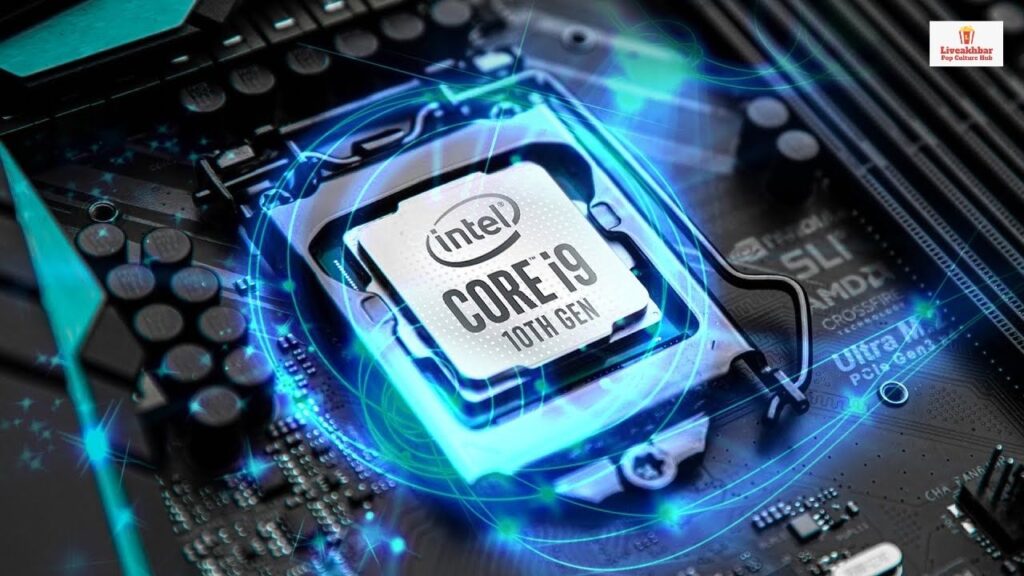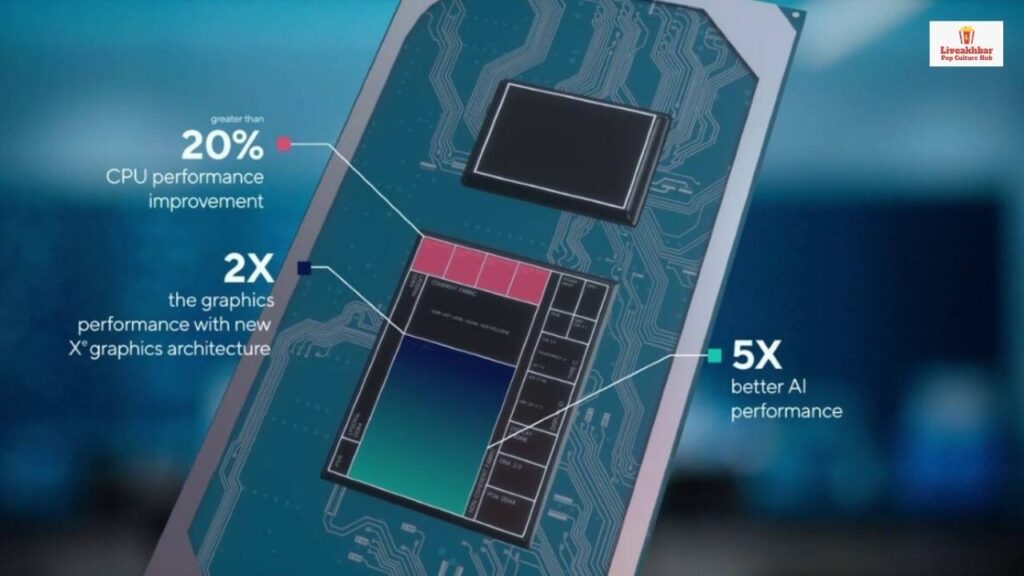Intel 10th Gen Vs 11th Gen: In this technological era, we have seen many advancements in the field of science and technology. In addition to it, nowadays we are highly dependent upon our computers and laptops. Day by day, things are going online, and hence, we cannot neglect it. Presently, laptops and computers can be considered one of the basic needs that a person requires. While making up the mind for a new laptop, the first thing that we compare is the processor.
There are many processors that function well but some of them are not having good specifications. Mostly, Intel processors are used on a wide scale. But we are not able to figure out the best, whenever it comes to Intel 10th generation and Intel 11th generation processor. Therefore, in this post we will compare some of the basic and important specifications of both the processors and will let you know the best.
Before moving forward, let us know about the processors in brief.
What are Processors?
A processor is simply a chip or an integrated electronic circuit that processes and responds to the basic instructions for the proper functioning of a computer. It is responsible for performing several arithmetical, mathematical, and logical instructions. They are made up of silicon and the measurement of speed is in megahertz. Moreover, it is available on smartphones, laptops, computers, and tablets. Depending upon the capability the processing operations can be slow or fast.
This highly affects the processing speed of the control processing unit, i.e, CPU. As we are living in modern times our desktop and laptop computers have also been modern. Not only the overall appearance and design of these appliances is still changing, but also, the latest processors are being used in it. Further, the main elements of a processor include:
- Arithmetic Logic Unit: It is generally known as ALU in short.
- Registers
- Floating Point Unit: It is also called numeric co-processor or math co-processor.
- L1 and L2 Cache Memory
Types of Processors
The different system has different types of processors included in it. Hence, there is a category according to which we can classify the processors as General Purpose Processors include Microprocessors, Embedded Processors, Media Processors. In addition to this, we have Multiprocessor and many more.
Intel 10th Generation Processor

These processors were launched in September 2019. Here we have two processors, Comet Lake SoC and Ice Lake. The type of architecture used in Comet Lake is Comet Lake itself. In addition to this, it has introduced Geng graphics and has a 14 nm process. On the other hand, Ice Lake is a 10 nm-based processor. The architecture used in it is Sunny Cove.
Some of the Intel 10th Generation processors are:
- Intel Core i3 10300: 8MB smart cache, 4 cores, 8 threads, 4.40 GHz Max Turbo Frequency.
- Intel Core i3 10100: 6 MB smart cache, 4 cores, 8 threads, 4.40 GHz Max Turbo Frequency
- Intel Core i3 10320: 8MB smart cache, 4 cores, 8 threads, 4.60 GHz Max Turbo Frequency
Secondly, we have the Intel Core i5 10th Generation Processors:
- Intel Core i5 10500: 12 MB smart cache, 6 cores, 12 threads, 4.50 GHz Max Turbo Frequency
- Intel Core i5 10400: 12 MB smart cache, 6 cores 12 threads 4.30 GHz Max Turbo Frequency
- Intel Core i5 10600: 12 MB smart cache 6 cores,12 threads, 4.80 GHz Max Turbo Frequency
Lastly, the 10th generation processors also include Intel i7 processors:
- Intel i7 10700K: 16 MB smart cache, 8 cores, 16 threads, 5.10 GHz Max Turbo Frequency, K-Unlocked
- Intel i7 10700: 16 MB smart cache, 8 cores, 16 threads, 4.80 GHz Max Turbo Frequency
- Intel i7 10750H: 12 MB smart cache, 6 cores, 12 threads, 5.00 GHz Max Turbo Frequency, H- high-performance graphics
MUST-READ: How to Use Nearby Sharing to Share Files in Windows 10
Intel 11th Generation Processors

The code name for this generation processor is Tiger Lake. In September 2020, it was finally launched. It is based on the Willow Cove architecture and has an improved 10nm processor. This generation has introduced an amazing process node known as 10SF.
10 SF is a new superfine technology that has additional performance, interconnect innovation, and is optimized for the data centers. Some of its specifications include Thunderbolt 4.0 support, USB 4.0 support, PCle 4.0 support. This PCle support is responsible for high-speed data transfer. Further, these processors possess AI enhancements and have higher cache memory. In addition to this, it will provide up to 5 GHz clock speed and has introduced Intel Xe graphics (Gen 12).
Some of the 11th generation processors are:
- Intel Core i5 1130G7: 8MB smart cache, 4 cores, 8 threads, 4.00 Max Turbo Frequency, G- includes discrete graphics on the package
- Intel Core i5 1135G7: 8MB smart cache, 4.20 Max Turbo Frequency, 4 cores, 8 threads, G- includes discrete graphics on the package
This generation also has i7 Processors:
- Intel Core i7 1160G7: 12 MB smart cache, 4 cores, 8 threads, 4.40 Max Turbo Frequency, G- includes discrete graphic package
- Intel Core i7 1185G7: 12 MB smart cache, 4 cores, 8 threads, 4.80 Max Turbo Frequency, G-includes discrete graphic on the package
- Intel Core i7 1165G7: 12 MB smart cache, 4 cores, 8 threads, 4.70 Max Turbo Frequency, G-includes discrete graphic on the package
Which is the Best: Intel 10th Gen Vs 11th Gen
Intel 10th Gen Vs 11th Gen: Many a time, we run behind the latest one without knowing the specifications. Hence, this must not be the case in the 11th generation processors of Intel. The latest generation is said to have many enhancements. Although it is having much improvement, we cannot neglect the efficiency of Intel’s 10th generation processors. According to many of the users, the previous generation processor of Intel is giving much faster experience in laptops and computers.
However, we can see more advancements further in the coming time for the 11th generation processor. Depending upon your use and work, you can choose any of these two but make sure you choose the right one. Though Intel 11th generation processors are available but currently, many people prefer the previous processors. They claim it to provide a better experience, faster speed, and enough memory.
Intel 10th Gen Vs 11th Gen: Intel 11th generation would be preferred more.
ALSO READ: OnePlus Watch Won’t Support Google’s WearOS, Leaked!
